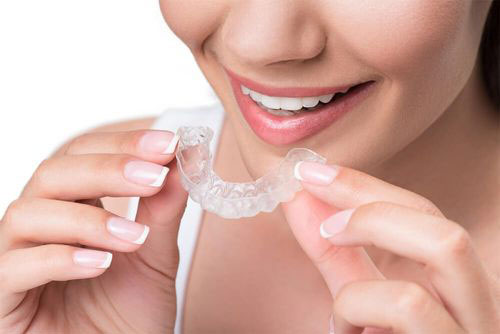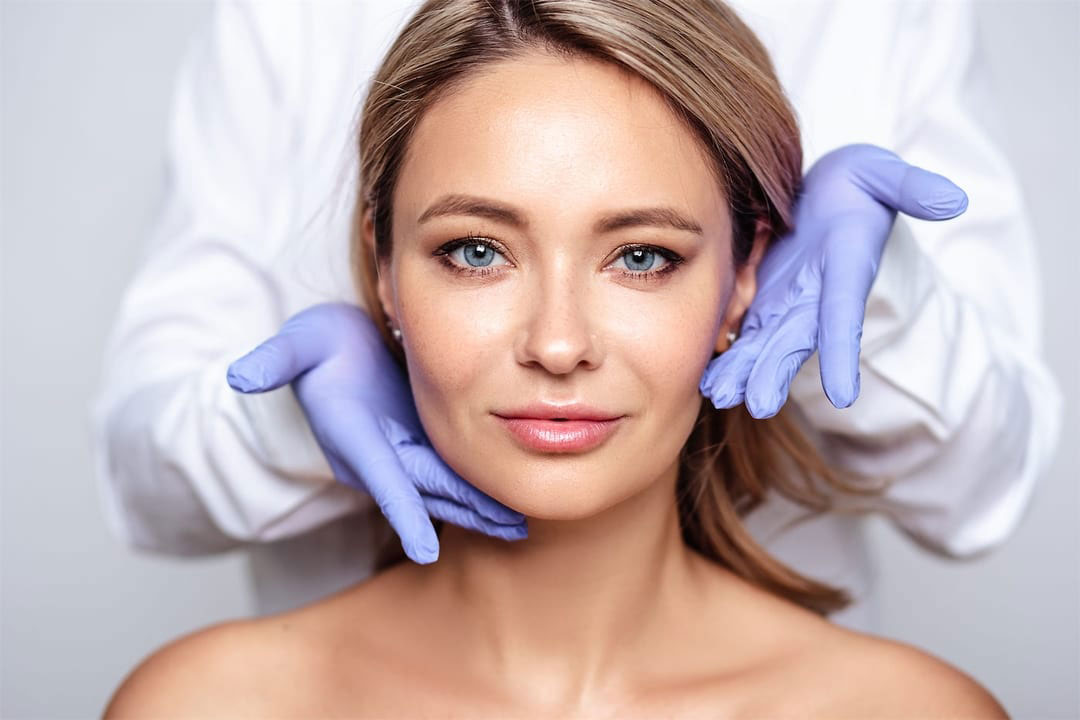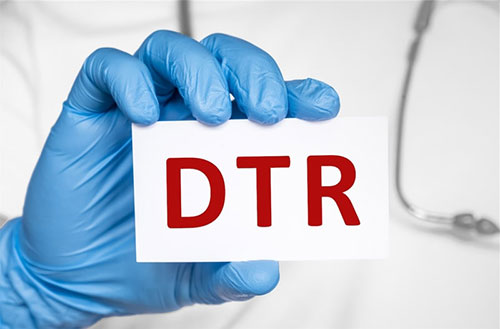What is the link between headaches and oral health?
Referred pain from an infected tooth and teeth grinding can both lead to chronic headaches, which is why we begin with a thorough evaluation of your mouth. Tension headaches can cause severe pain in both the head and neck. Oftentimes, this pain feels like a band tightly wound around the head and is generally associated with stress and muscle tension in the face and jaw. Patients who suffer from chronic tension headaches may also be suffering from malocclusion or a misaligned bite that is causing a disturbance in the temporomandibular joint of the jaw.
Dr. Morad has a specific passion for helping patients suffering from tension headaches find relief through treating oral health issues. She has completed advanced certifications in occlusion analysis and adjustment to treat facial pain and tension headaches caused by teeth clenching and grinding. For more severe TMJ Disorder cases, she may recommend Disclusion Time Reduction (DTR) therapy that uses data on bite force and jaw muscle activity to pinpoint problem areas and rebalance the teeth for harmonious, pain-free chewing. Schedule a consultation at the office of Dr. Ghina Morad today or stop by our office located at 2920 Broadway, Redwood City, CA 94061.





